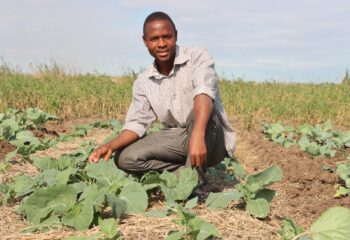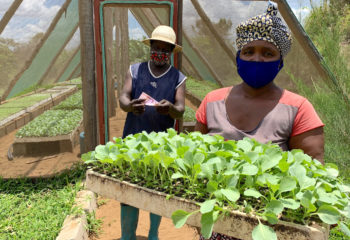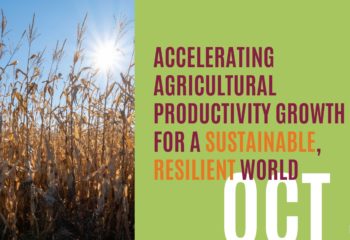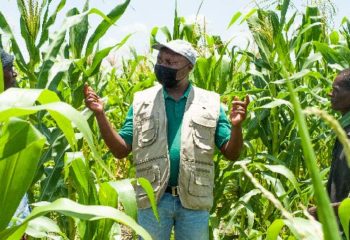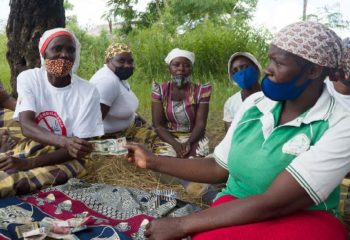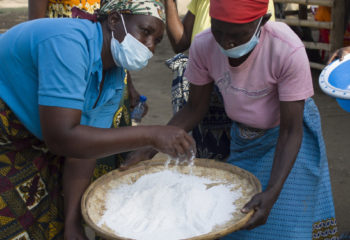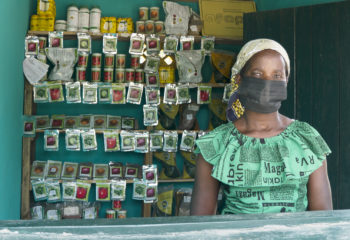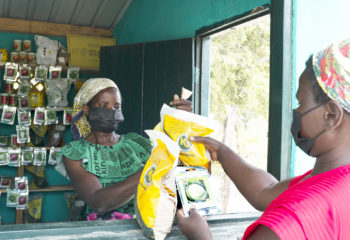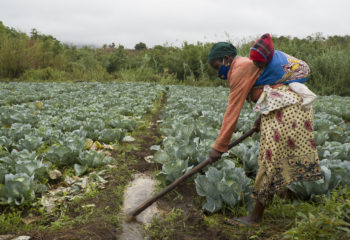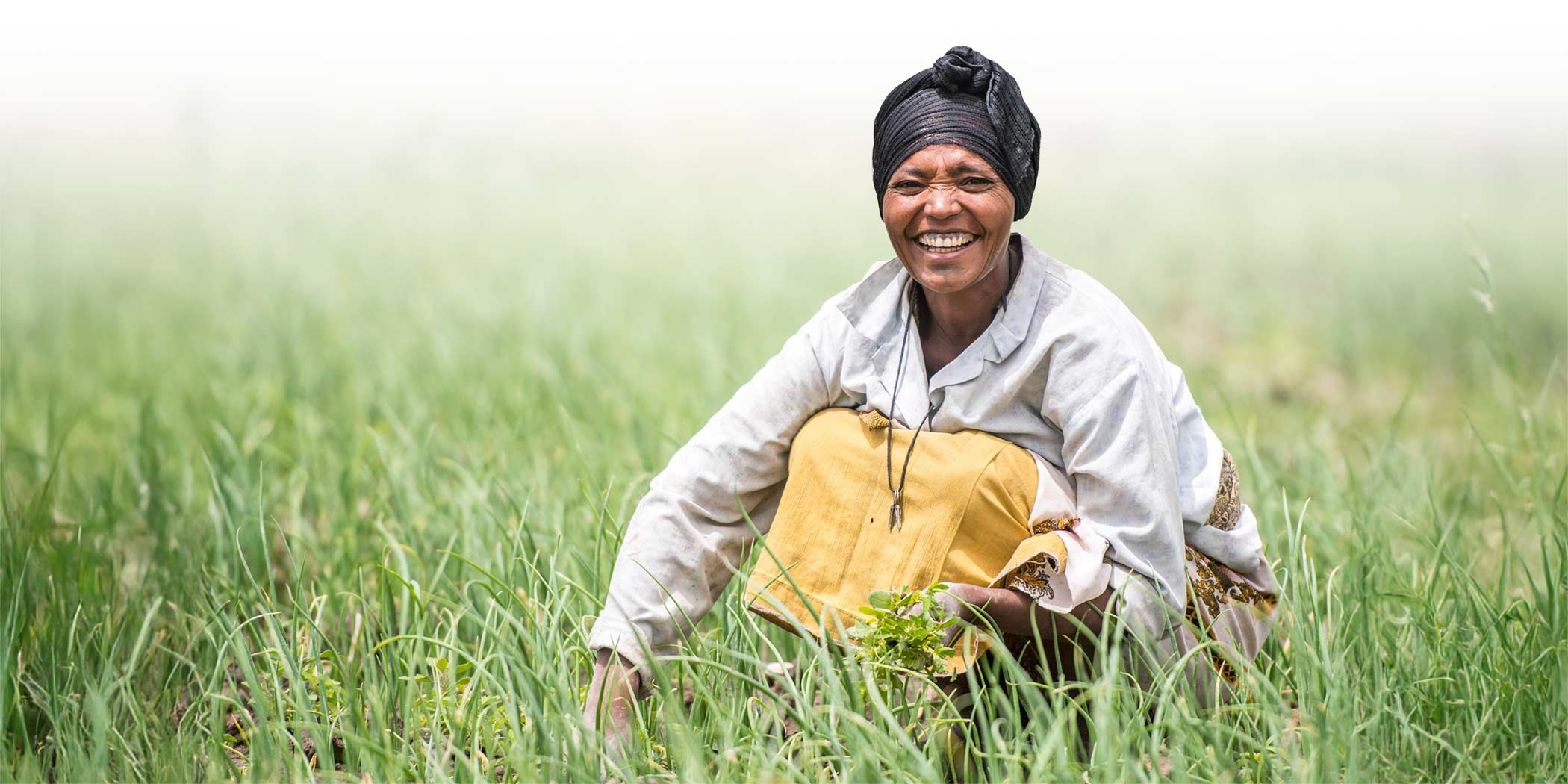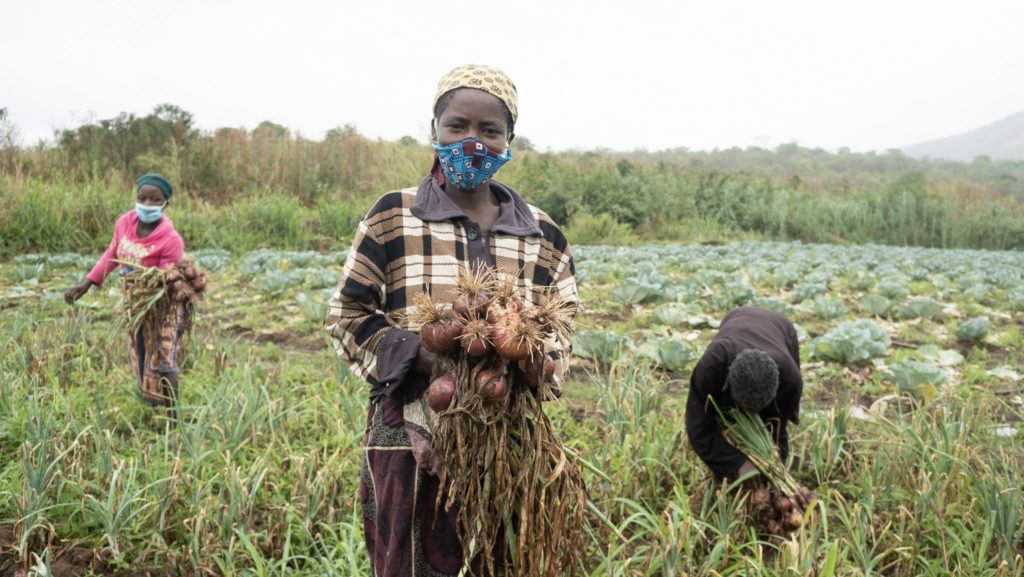
The TEAMS project (2021-2023) was an Embassy of Sweden-funded program that aimed to increase food availability and access for 15,500 farmers in Mozambique with a focus on women’s economic empowerment through agriculture.
TEAMS aimed for increased food availability and access for 15,500 smallholder farmers (60% women) in Mozambique.
IFDC partnered with United Purpose, AKSM, and the African Fertilizer and Agribusiness Partnership (AFAP) to implement the TEAMS project, which aided in the development of market systems by supporting market actors (farmers, agrodealers, input suppliers) to develop a continuous supply network of inputs and output products and helped farmers to increase resilience, productivity, and production using climate-smart agriculture (CSA).
The TEAMS project was a continuation of the Food Security Through Climate Adaptation and Resilience (FAR-Sofala) project. The FAR project (2017-2022) was a Swedish International Development Cooperation Agency (Sida)-funded integrated program that aimed to improve food security and resilience to climate shocks for 30,000-45,000 smallholder farmer households in the provinces of Manica and Sofala in Mozambique.
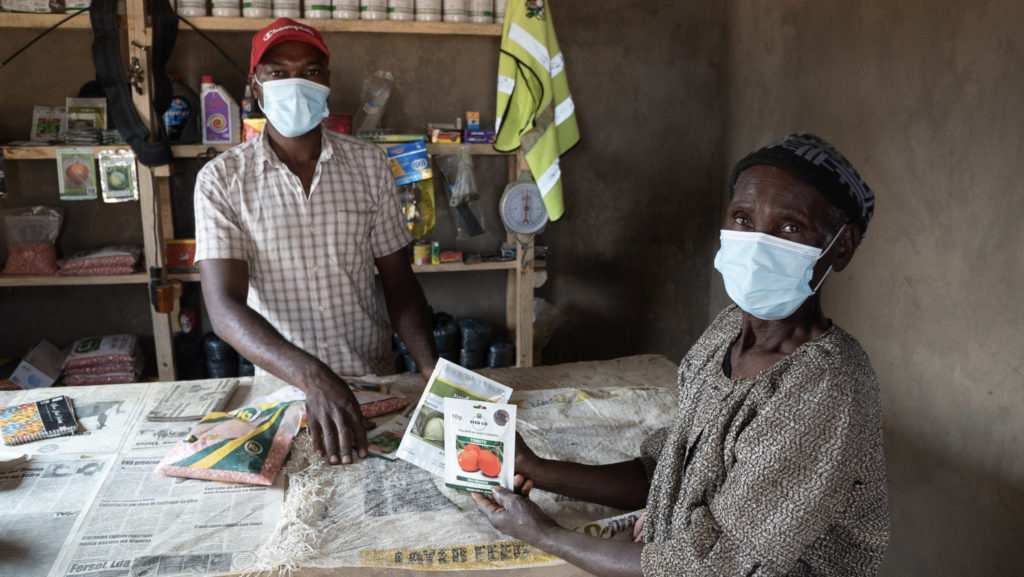
Sub-Objectives
- Transfer of income-increasing technologies.
- Recruitment of local service providers to increase input and output market access.
- Promotion of income diversification for project participants.
- Promotion of irrigation systems to guarantee production throughout the year.
Project Documents
Newsletters
December 2021
June 2022
Project Results
Cumulative Results
- A total of 17,321 farmers (61% women) benefited from interventions to improve productivity by creating access to climate-smart agricultural (CSA) inputs and increasing resilience to climate shocks by intensifying vegetable production through the promotion of cost-effective and environmentally friendly irrigation systems.
- As a result, 10,112 of the assisted smallholder farmers (57% women) doubled their vegetable yields by applying improved inputs and practices, including climate-tolerant seeds, conservation agriculture, irrigation, and post-harvest CSA solutions, with surplus to sell at the market.
- The annual income of each farmer increased from an average of U.S. $126 to U.S. $396.
- In partnership with the private sector, the program has facilitated sustainable market linkages between large and local input suppliers, supported the construction of improved stores that are resilient to climate shifts, and helped local agro-dealers develop the capacity to manage input supply businesses and act as output aggregators, increasing the local market for grains.
2021
- Implemented interventions to create access to climate-smart agricultural inputs and increase resilience to climate shocks by intensifying vegetable production through the promotion of cost-effective and environmentally friendly irrigation systems, benefiting 15,418 farmers (62% women).
- Doubled the crop productivity of 7,832 producers (57% women) who adopted climate-smart agricultural practices and inputs, increasing their income from U.S. $0.38 to $1.10 per day.
- Facilitated sustainable market linkages between large input suppliers and local agro-dealers.
- Supported local agro-dealers in developing the capacity to manage their business.
- Facilitated the construction of improved stores that are resilient to climate challenges.

